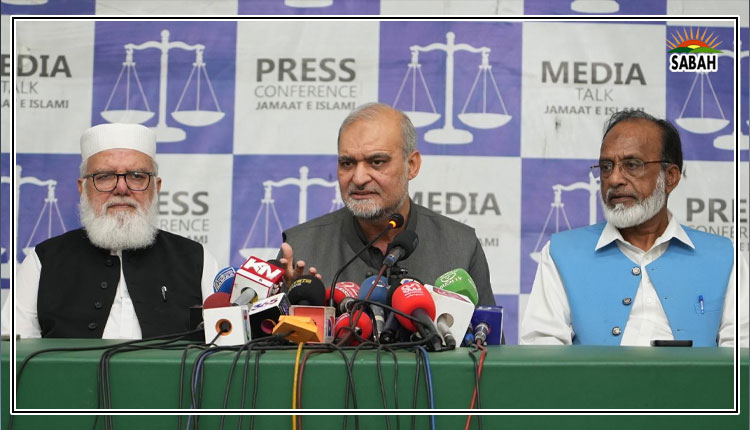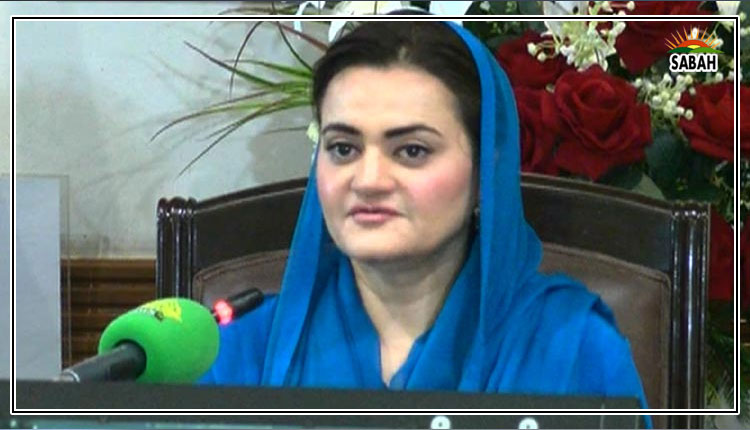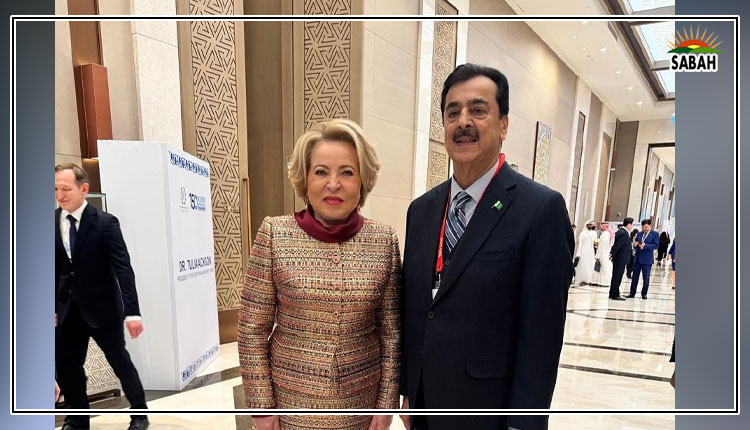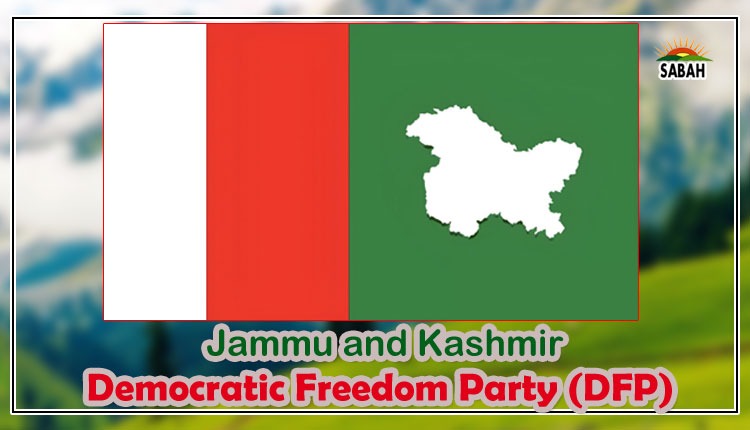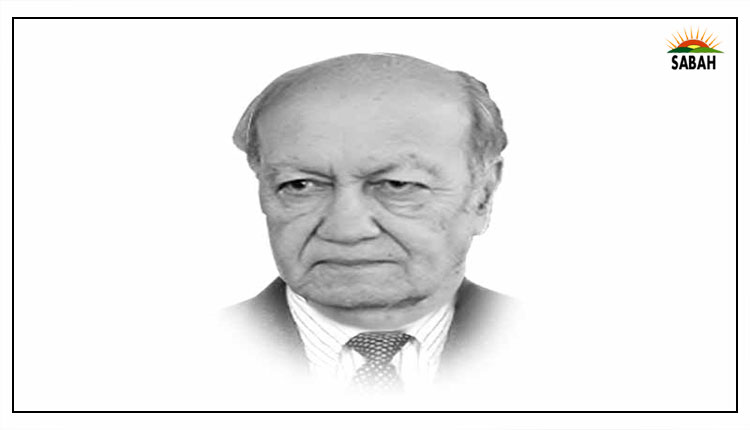Managing foreign policy and security challenges … Talat Masood
The recent article of the US ambassador to Pakistan in The Express Tribune titled ‘Redefining US-Pakistan relations’ gave a comprehensive overview of the relations between the two countries in the changed global and regional context. As expected, it is as seen through an American lens laced with diplomatic niceties and appropriate subtle restraints. The title of the Op-Ed suggests and our own experience reminds us that US has been repeatedly redefining its relations with Pakistan during the last seventy-seven years of its existence to suit its global and regional interests. And Pakistan has accordingly adjusted to these changes to protect its national interest. Its shift toward China, the second most powerful economic and strategic power, was a strategic move after the US suspended economic and military aid to it after the 1965 war and imposed stringent sanctions. Pakistan has greatly benefited from China’s economic assistance, political clout and close cooperation in defence and defence production. There are converging strategic and economic interests that have brought China and Pakistan close to each other. As a rising superpower Beijing is interested in protecting and expanding its footprint in South and South East Asia.
Close alignment of Pakistan with China has been a major deterrent against India’s hegemonic designs in South Asia. For China its strong relations with Pakistan have helped expand its economic and strategic interests in the region. It is presently engaged in several projects in Afghanistan and Central Asian states. It is expected that with the ouster of Sheikh Hasina from Bangladesh and a new coalition led by Mohammed Yunus in power, the economic and political ties of China with Bangladesh are likely to grow at a steady pace.
While Pakistan greatly values its relations with China it also seeks a close and durable relationship with Washington that is mutually beneficial. It wants to expand and deepen its economic and commercial relations with the US. It is indeed the most important export and import market. Exporting products to America demands stringent quality control and competitive pricing. This has been a useful condition as it compels the exporter to improve the quality of its products.
Moreover, the US is clearly the most preferred destination of students for higher studies in science and technology. In recent years, US colleges and universities got flooded with foreign students especially from China. The US government had to place restrictions to ensure that their own students and from other friendly countries are not denied their fair share of admissions. The high college and university fee prevents Pakistani students from taking admission in US universities and rely mostly on scholarships that are limited. The US military training institutions also stand out and have been a major attraction for foreign officers. But these too are now not availed due to financial restraints.
Ambassador Doland Blombe’s assertion that his focus to strengthen and redefine the US-Pakistan relationship, in the changed global and regional scenario and “grounding it firmly in areas of mutual interest and cooperation on shared global challenges”, is a wise move. Certain policies of the US in the past did not meet the criteria from a Pakistani perspective and have failed to serve its interests. The most glaring example of dissonance is the hasty US withdrawal from Afghanistan that seriously aggravated the security situation in Pakistan. The US-India strategic partnership meant to counter China’s rising power runs counter to Pakistan’s interest. It further emboldens India to defy its international obligations in finding a just solution for the people of Kashmir. The US facilitation to strengthen India’s defence capability has security implications for Pakistan. Moreover, it is surmised that President Donald Trump will take several measures to counter China’s economic and strategic power that too could have an adverse impact on Pakistan and other countries.
Ambassador Blome remarks that during the last two and half years the two countries have broadened and deepened the partnership is a positive development. For it has opened up opportunities to Pakistanis by making progress in several important areas by US assistance in education, health, energy and provision of clean water. Undoubtedly, these are critical areas that have remained neglected and not sufficiently resourced and US assistance is welcome. The provincial and federal governments, if feasible, should allocate additional funds in these sectors and ensure its proper utilisation. The government should focus on the quality of governance in the education and health sectors that presently falls far short of international and even regional standards.
In the past, the US contribution in projects such as Mangla and Tarbela dams were significant. These reservoirs contribute significantly to ensuring the availability of water throughout the year.
Pakistan’s support to the US during the Soviet occupation of Afghanistan was a critical factor in facilitating the country’s independence. Although it cost Pakistan dearly in terms of thousands of casualties and significant increase in terrorist activity in the country, with KP and Balochistan affected the most.
That was the past. The question now is what policies and strategy need to be pursued that would strengthen the relations between the two countries and serve their national interests. The US support to Pakistan in the health and education sectors should continue. Apart from its other benefits Pakistani students who have studied in the US develop bonds with US students that are lasting and promote goodwill. The US support in the health sector does contribute to improving medical facilities, especially in rural areas. Doctors who have studied in the US at the postgraduate level and worked in their hospitals have gained valuable experience and are mostly well-utilised.
The government needs to set an ambitious goal of accelerating its economic growth rate. At present it is so low that it is not comparable with neighbouring countries and is seriously impacting the quality of life of the masses. Governance is another weak area that the government seems to overlook at the cost of retarding economic growth and political stability. Pakistan’s economic problems will only gain traction if the government is able to succeed in implementing its tax reforms and collect taxes from all segments, especially the elite, amid an overall expansion of the tax base. These measures are critical and can be realised provided the government is earnest in its implementation.
Courtesy Express Tribune


